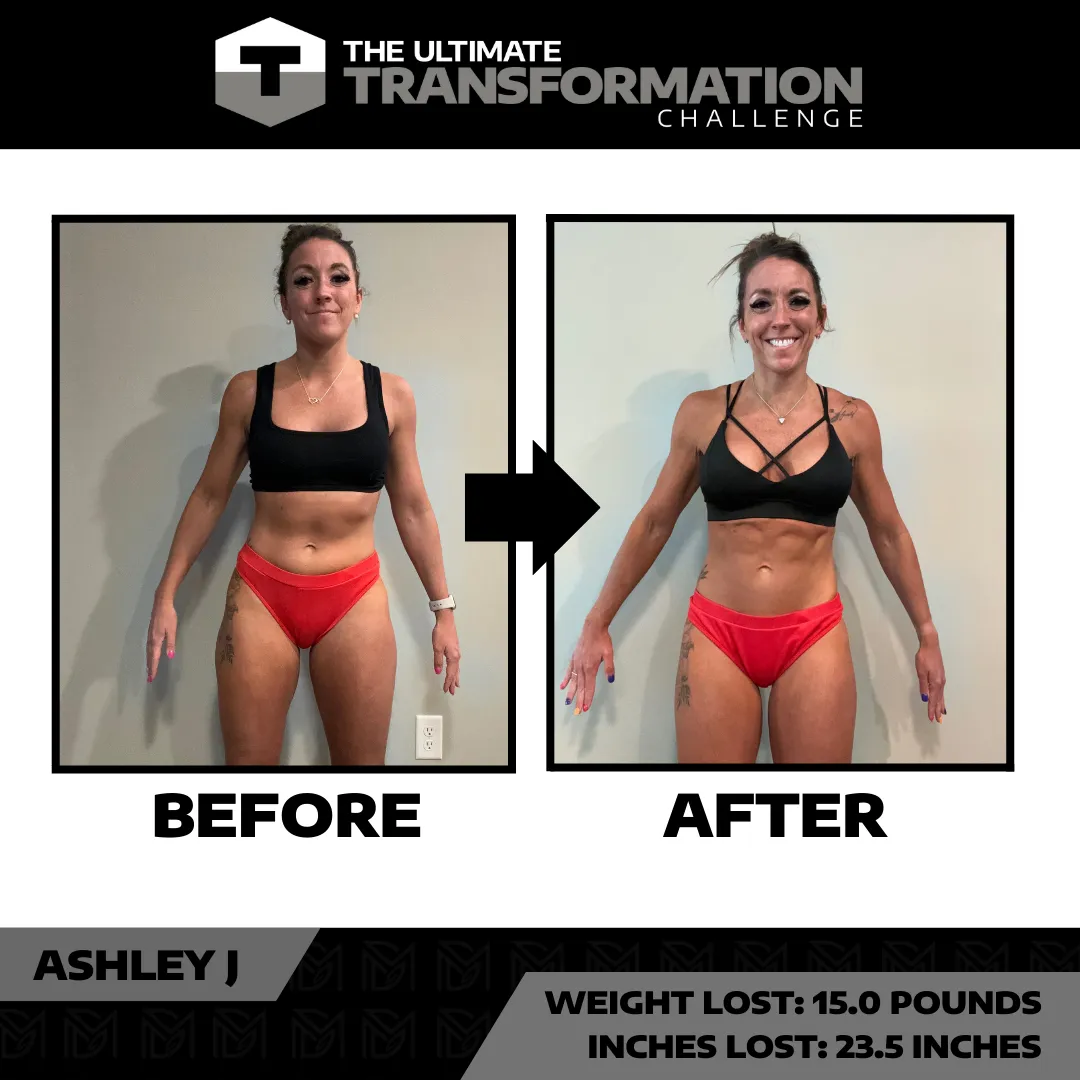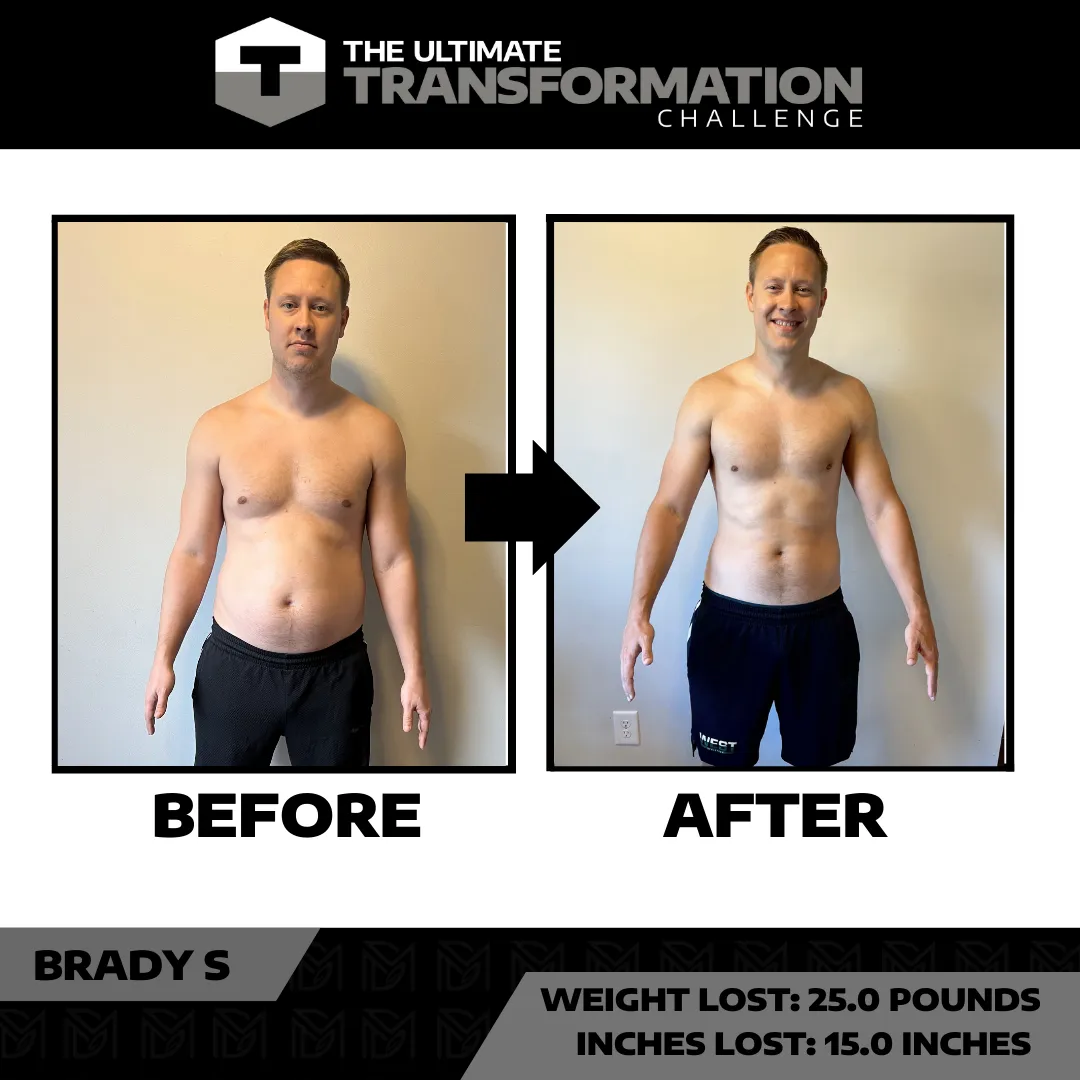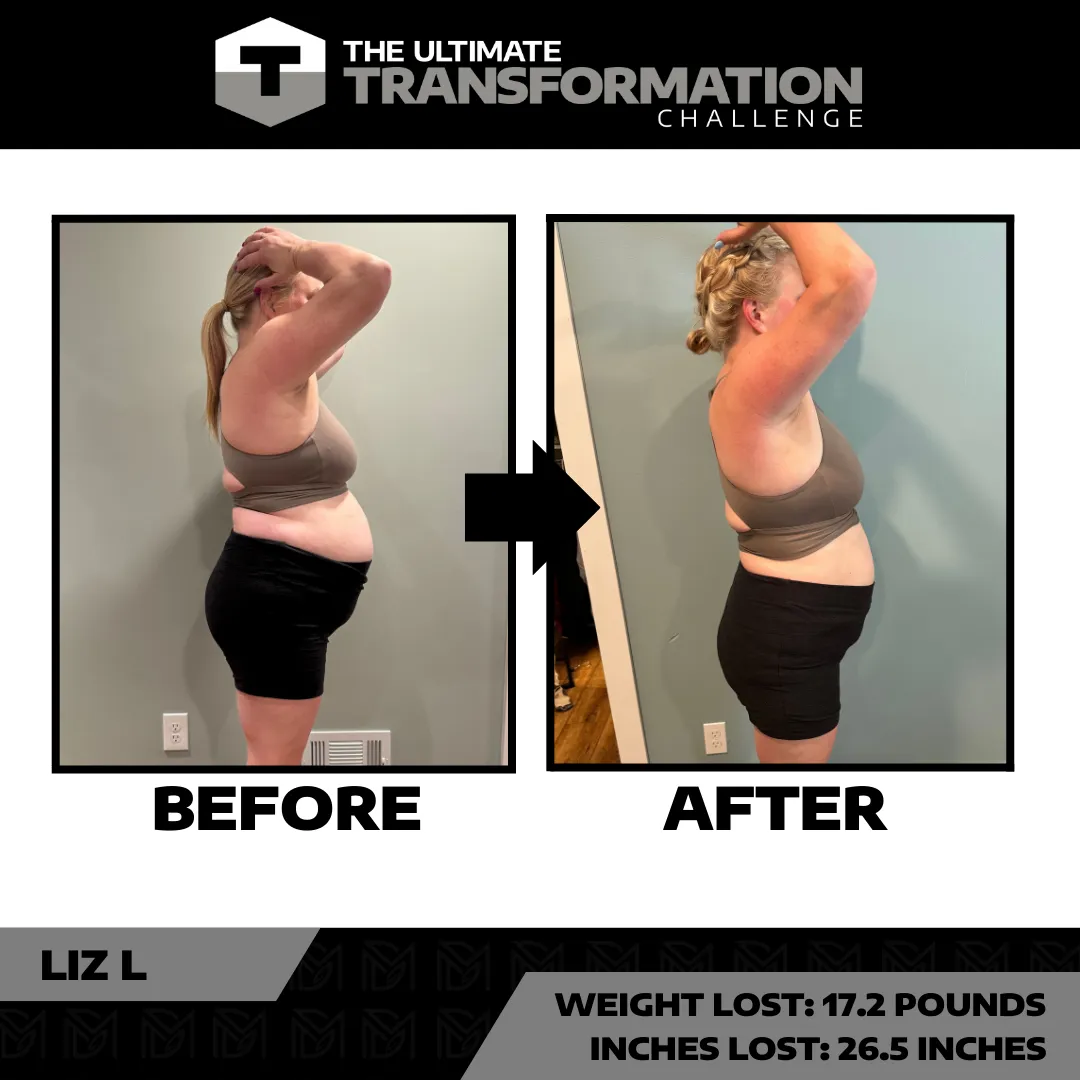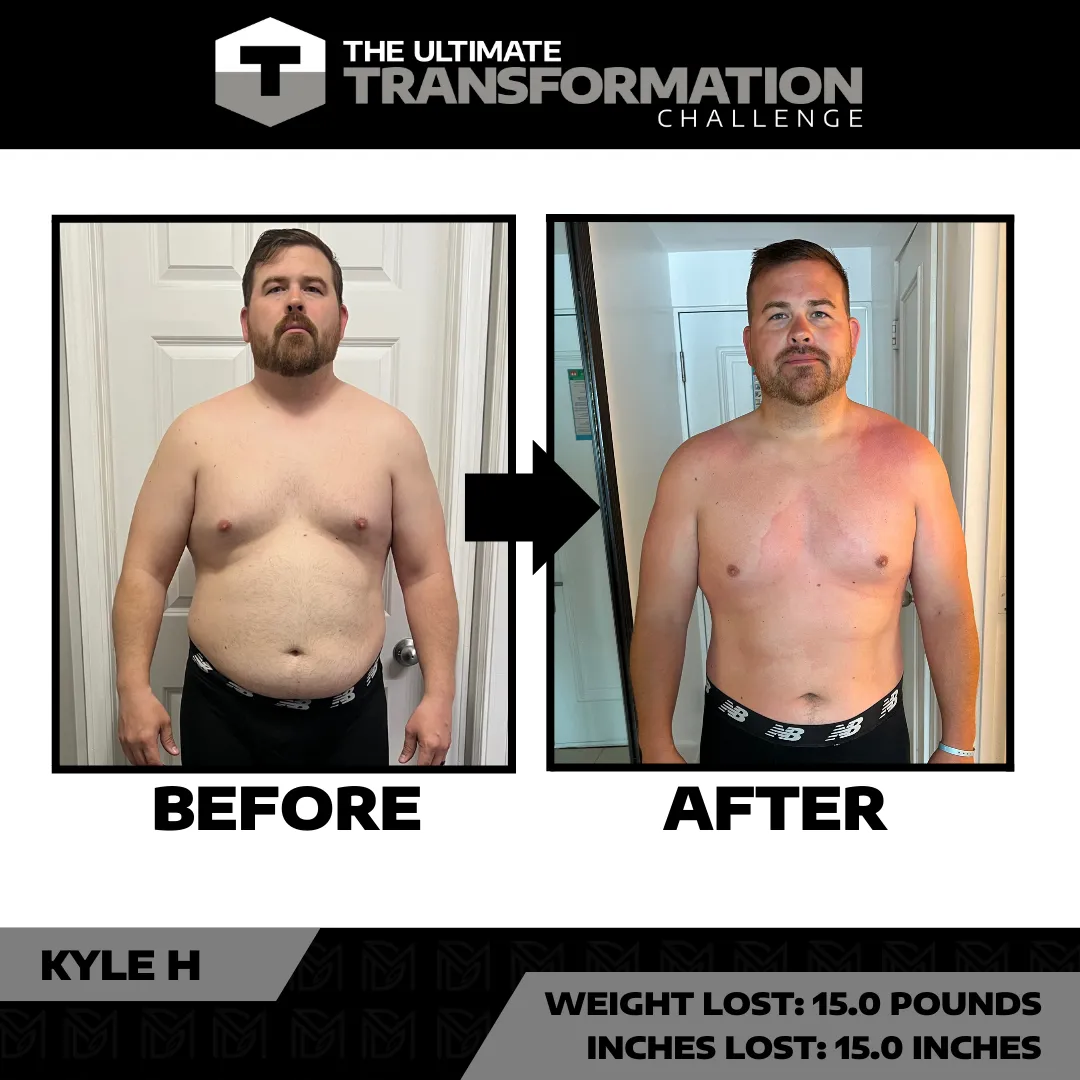About Phoenix A+ Coaching
Phoenix A+ Coaching is more than a gym—it’s a community built to help you become the best version of yourself. With 24/7 access, expert coaching, and a supportive environment, we provide everything you need to succeed—whether your goal is strength, fat loss, performance, or overall health. From personalized training and nutrition guidance to state-of-the-art equipment and a culture that pushes you to grow, we’re here to make sure hard work truly pays off.
Our Services
Training programs designed to get your desired results

Base Membership
Our Base Membership gives you 24/7 access to state of the art equipment to get your workouts in around YOUR schedule.



Personal Training
Take your health and fitness goals to the next level. Work with our expert coaches as many times a week as you would like. They will provide individualized programing and nutrition coaching services to get you the BEST results.

Athletic Developement
Work with our expert coaches on improving your Sport Specific Strength and Conditioning. Get better on the field by putting in the work in the gym. Better. Faster. Stronger.

Before and After Success






See What Our Members Say About Us
John K

Phoenix A+ Coaching is an outstanding gym with top-notch coaches who truly care about their clients’ progress. The equipment and space are excellent, creating the perfect environment for training.
Malorie H

I have been at PAC for about 2 and a half years now and I love it! There is a great sense of community and I have always felt welcome from day one. In the past at other gyms I have felt intimated, but at PAC everyone is respectful and welcoming no matter where you are in your fitness journey.
Ashley K

By far the best private gym I have been to in the St. Louis area. The trainers know how to cater each workout individually to each person and what their goals are or based on any physical issues they have. You are constantly pushed by your trainer to be better.

